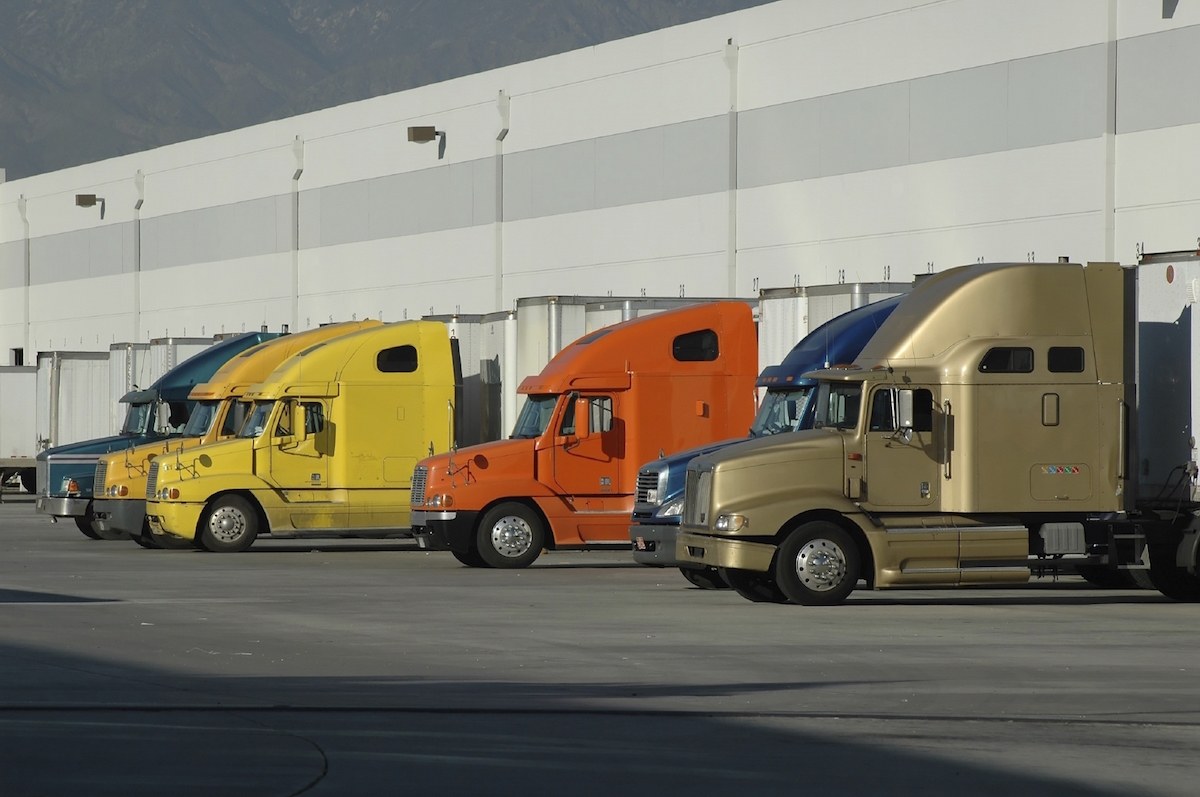
 Every year our insurance provider reviews our policy and our business for substantive changes that would impact the policy we carry and what they are underwriting.
Every year our insurance provider reviews our policy and our business for substantive changes that would impact the policy we carry and what they are underwriting.
As part of this year’s review, they provided a handy reminder for us about our responsibilities and liabilities, as well as the rights of our customers for the goods we have in our care.
A commonly held belief is that as a warehouse proprietor, our liability and our insurance reach as high as the replacement value of the goods or includes provisions for lost sales, missed delivery dates or other penalties that may be imposed upon our customers by their customers.
While there is no good way to explain to a shipper that our liability is limited, we feel it is best to inform rather than let misconceptions linger that could cloud or damage our relationships, especially if an issue of loss, damage, liability or responsibility arises.
WAREHOUSE LEGAL LIABILITY COVERAGE DOES NOT COVER PRODUCTS IN STORAGE.
It only provides coverage for the 3PL if they were found to be negligent in the handling or storing of their product that results in loss or damage.
3PL’S ARE NOT RESPONSIBLE FOR CONSEQUENTIAL DAMAGES.
Consequential damages can include;
a. Delay of market.
b. Transportation costs to replenish lost or damaged product.
c. Market value as opposed to manufactured landed cost.
d. Loss of market due to the inability to provide product in a timely manner.
e. Disruption of services or manufacturing processes.
f. Disposal of damaged goods.
g. Removal from facility even if the warehouse is legally liable for the loss.
MOST 3PL’S USE IWLA BOILERPLATE CONTRACT LANGUAGE.
The International Warehouse Logistics Association (our industry’s trade association) have developed standard terms and conditions language that Flex Logisitics uses in our contracts. Deviating from this language can be detrimental to ourselves as your 3PL and to you, our customer, because it muddies our responsibilities and coverages. Further, it jeopardizes the insurance that we carry and as such, we are strongly disinclined to deviate from it.
KNOW YOUR RIGHTS AND OUR RESPONSIBILITIES BEFORE PLACING YOUR CARGO WITH A 3PL.
Companies engage a 3PL because of the cost savings of not maintaining their own warehouses and the costs associated with workforce, compensation, accident coverage and additional real estate requirements. However, there are tradeoffs when the responsibility for the care of the goods moves from your hands into ours, and being able to weigh those considerations before retaining a 3PL are to your benefit and ours at the beginning of our professional relationship together.
